In November 2016, Bulgarian opposition Socialist, Rumen Radev, won the presidential election, defeating the centre-right speaker of parliament, Tsetska Tsacheva, an ally of Prime Minister, Boyko Borissov. The PM had pledged to step down if his candidate lost, and he did thus triggering an early election.
Larisa Manastirli, Director for Bulgaria at the European Bank for Reconstruction and Development (EBRD), which is a leading investor in the Bulgarian economy, spoke to Andrew Wrobel, about the reforms the country has introduced and the improvements that are still required, ten years after Bulgaria joined the European Union.
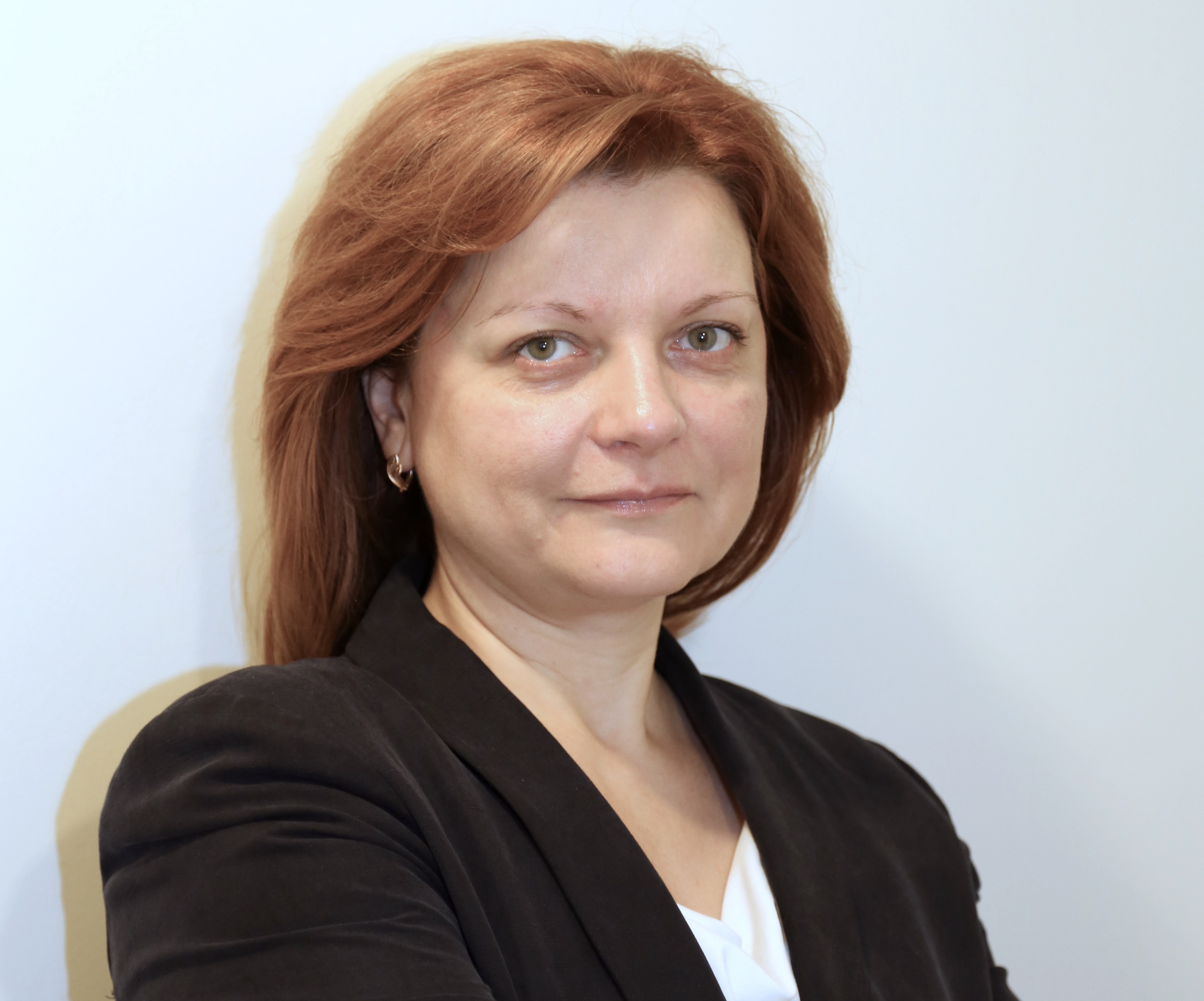
Exactly ten years ago, Bulgaria became a member of the European Union. How have these ten years changed the country?
Well, a number of infrastructure investments have been undertaken, for example we have a Metro here in Sofia, public transportation, etc., companies, the banking sector and culture have received significant support among other sectors.
Also, the EBRD’s approach to Bulgaria has changed. Previously we were supporting the accession process and helping companies prepare for it. The first years after the accession were the peak of our investment in infrastructure. We worked with municipalities and utility companies and, most importantly, with the private sector. It was also a period when FDI really picked up. There was a lot of interest for Bulgaria and a lot of foreign companies were entering the country, as it joined the large EU market.
However, if we look towards the end of that ten-year period, a feeling persists that certain reforms haven’t been implemented; the pace and the quality have not been as were expected.
Has the political situation had any impact on that?
To some extent. If we look at the political situation, I think 2013 and 2014 were quite volatile. It is true that any changes in the government slow the economy down. In 2014, these internal uncertainties were compounded by the external challenges in Syria, Ukraine and Russia.
You mentioned the fact that a lot of expectations haven’t been met.
That is correct. Many were inspired by the EU accession and we thought those issues would be sorted out quickly. Unfortunately, many rankings currently place Bulgaria among the EU countries with the highest level of corruption and with a relatively weak investment climate. There is a lot of room for improvement.
There are complaints about public tenders, especially in the construction sector. There is a lot of discussion about how the global financial crisis has affected the level of FDI in Bulgaria and how the internal situation has had a negative impact on our returning to the pre-crisis FDI level.
When I spoke to Bojidar Loukarsky, the Minister of Economy, in April last year during his visit to London, he said that Bulgaria remained an island of stability, both politically and economically, in Europe.
Indeed, since the autumn of 2014, when Boyko Borissov’s government came to power, and until the recent elections and the resignation of the government, Bulgaria remained a relatively stable country.
The coalition government has had a difficult job and a somewhat slower pace of reforms is the price it has paid for political compromises. However, the situation has changed now and we are facing new uncertainties.
We hear that Bulgarians could go to polls in the spring at the earliest. President-elect, Rumen Radev, will take over on January 22, and will dissolve the Parliament.
I am hoping to see more political stability soon. This is crucial for investors.
So, we have another six months of uncertainty. What does it mean for the economy?
Our latest forecast, which was published in November 2016, predicted growth of 2.8 per cent in 2016 and 2017. We expect internal consumption, backed by the increased wages, to drive this growth.
So you stick to the forecast. Do you think the current situation will have an impact on foreign direct investment?
It’s difficult to predict. Nowadays, when you look at FDI, these are mainly smaller companies which are less affected by the political situation. It is different though for larger companies, who might delay their decision to enter the market.
In general, I don’t think we will have a drastic decrease in FDI, as we haven’t really had a boom period either. The level of foreign direct investment in Bulgaria is rather modest.
I would like to circle back to the reforms we discussed earlier. The EBRD is known for its policy dialogue. You’ve mentioned a couple of areas that haven’t improved since Bulgaria joined the EU, in 2007, but which areas need immediate improvement?
I don’t think there is an area which hasn’t seen any improvement at all. However, these improvements haven’t met expectations as far as the pace and the quality are concerned.
Good governance and the fight against corruption are crucial areas. There was a momentum last summer, and the draft law on anti-corruption was approved in its first reading. However, with subsequent changes in the government, this momentum has been somewhat lost.
The EBRD is committed to supporting the implementation of the future anti-corruption law. We will be happy to help build the capacity of the anti-corruption bureau, the creation of which is envisaged in this law.
We are also considering working with the commission on protection of competition. In addition, we have offered the government our support in public procurement. Positive steps were taken to enable electronic public procurement and we intend to encourage SMEs’ access to smaller public contracts.
So, fighting corruption is critical. Any other area that seems urgent?
The judiciary system, the rule of law. The EBRD can help with training for judges on accounting, taxation, commercial and insolvency issues.
The public-private dialogue between the government and the private sector is another area. We have a lot of experience here, in supporting investment councils in the several countries where we invest.
We are also helping develop the local capital market. There are opportunities to create alternatives to banking — the development of the non-banking financial market is crucial as small and large companies are seeking alternative sources of funding.
Yet another area where we are trying to work with the government is the EU-funded financial instruments in Bulgaria and a new structure to create a sustainable vehicle which could be used to improve the efficiency of EU funds’ absorption.
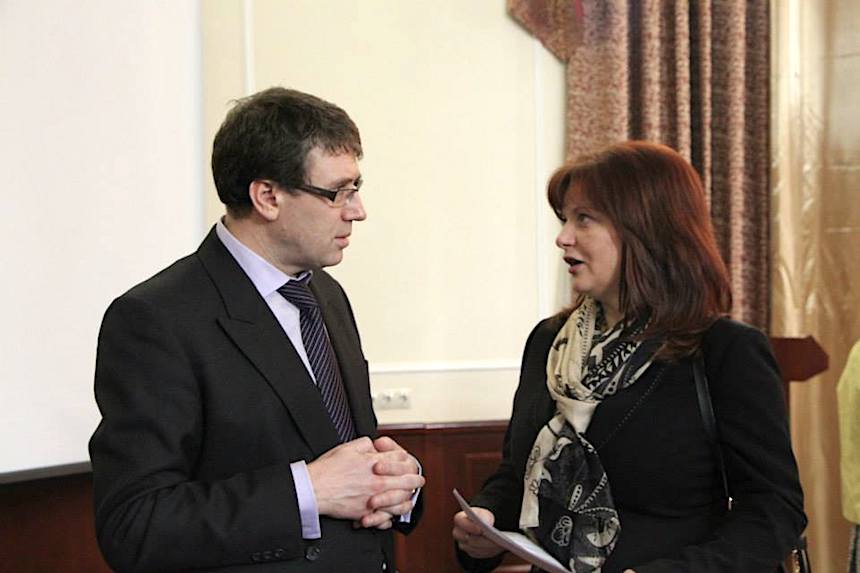
So, there is quite a lot of room for improvement but going back to the corruption issue, how would you compare this to how that problem has recently been dealt with in Romania? The are comments that the perceived level of corruption is falling and it is easier to do business. The down side is that government officials sometimes delay making decisions, so as not to be thought of as corrupt.
Bulgaria is indeed often compared to Romania, including in fighting corruption. I believe Bulgarians can draw conclusions with the Romanian experience. Bulgaria is lagging somewhat. It is behind in fighting corruption.
But Bulgaria is not only negatives, is it?
Of course, not. Bulgaria is a wonderful country. There are the Black Sea, mountains, fabulous weather and nature. There are amazing tourist destinations, archaeological sites and cultural places. Take Plovdiv as an example.
Indeed, I spoke to the Mayor of Plovdiv last year.
The people want to live in a fair society. They want to work in order to improve the situation in their country. People in Bulgaria are very hardworking, well qualified and with a good command of foreign languages.
Despite the brain drain, the potential is enormous. With some incentives, the demographic situation can be improved and those who left could be convinced to come back.
There is also industry, where foreign companies can invest. Which sectors do you see as most promising?
Bulgaria is a very good example of a diversified economy with many industries being developed. Great examples are agriculture and food production, automotive, pharmaceuticals, chemical, metallurgy, machine production, mining, tourism, services.


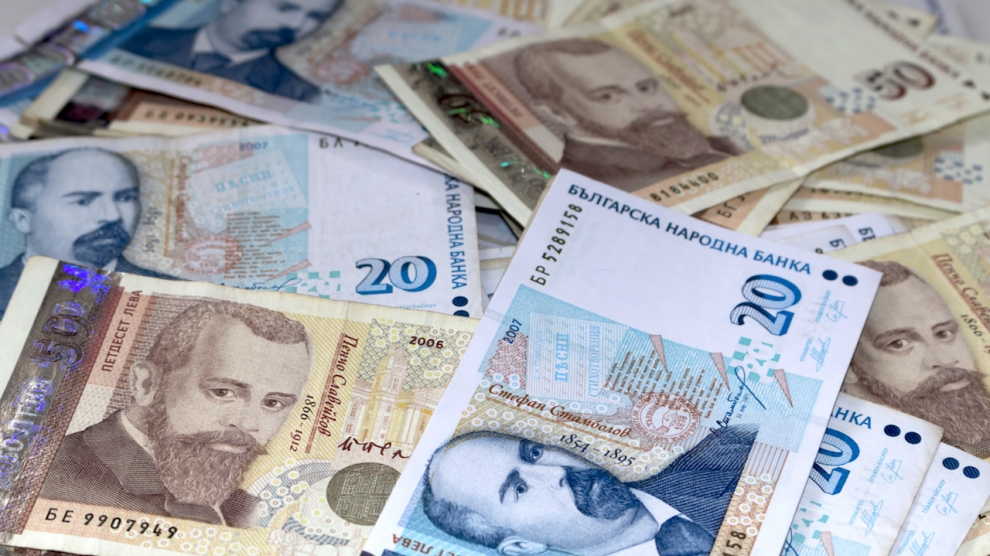
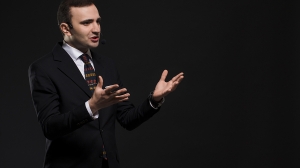

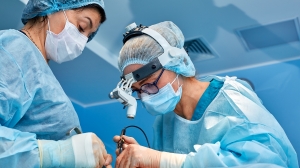
Add Comment